
READ ALL ABOUT IT
Since 2012, I’ve been writing about books. And the act of reading. And the importance of story and narrative. But, mostly, the underlying theme of all I write is how taking a moment to stop and digest some longform text — instead of scrolling, instead of watching a video, instead of multitasking — can be one of the most grounding things we can do for ourselves. Here’s the one-stop online home for all this writing.
You can read more about me and my work by moseying over here. Want to peruse periodic “essay drops” — excerpts from my work-in-progress essay collection about Homesickness? Here ya go.
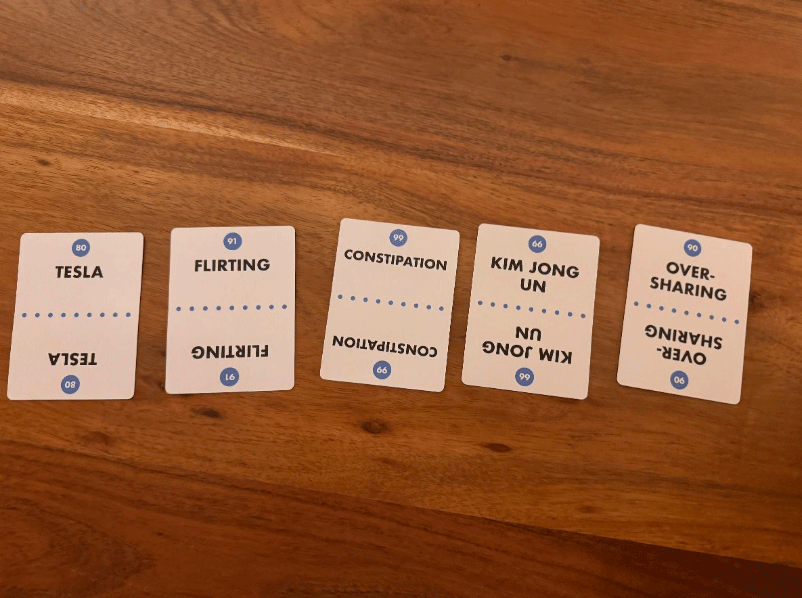
On Social Captal & AI
From Newsletter Issue No. 23:
On New Year’s Eve, we got together with friends. Aside from the general joviality of a post-Christmas catch-up with some of our favorite people, we played a game called Priorities. It’s fast and easy, and the basic gist is that one player at a time is given five cards, each with a very specific “thing” on it, and then proceeds to prioritize them in order of how much they value/like these things.
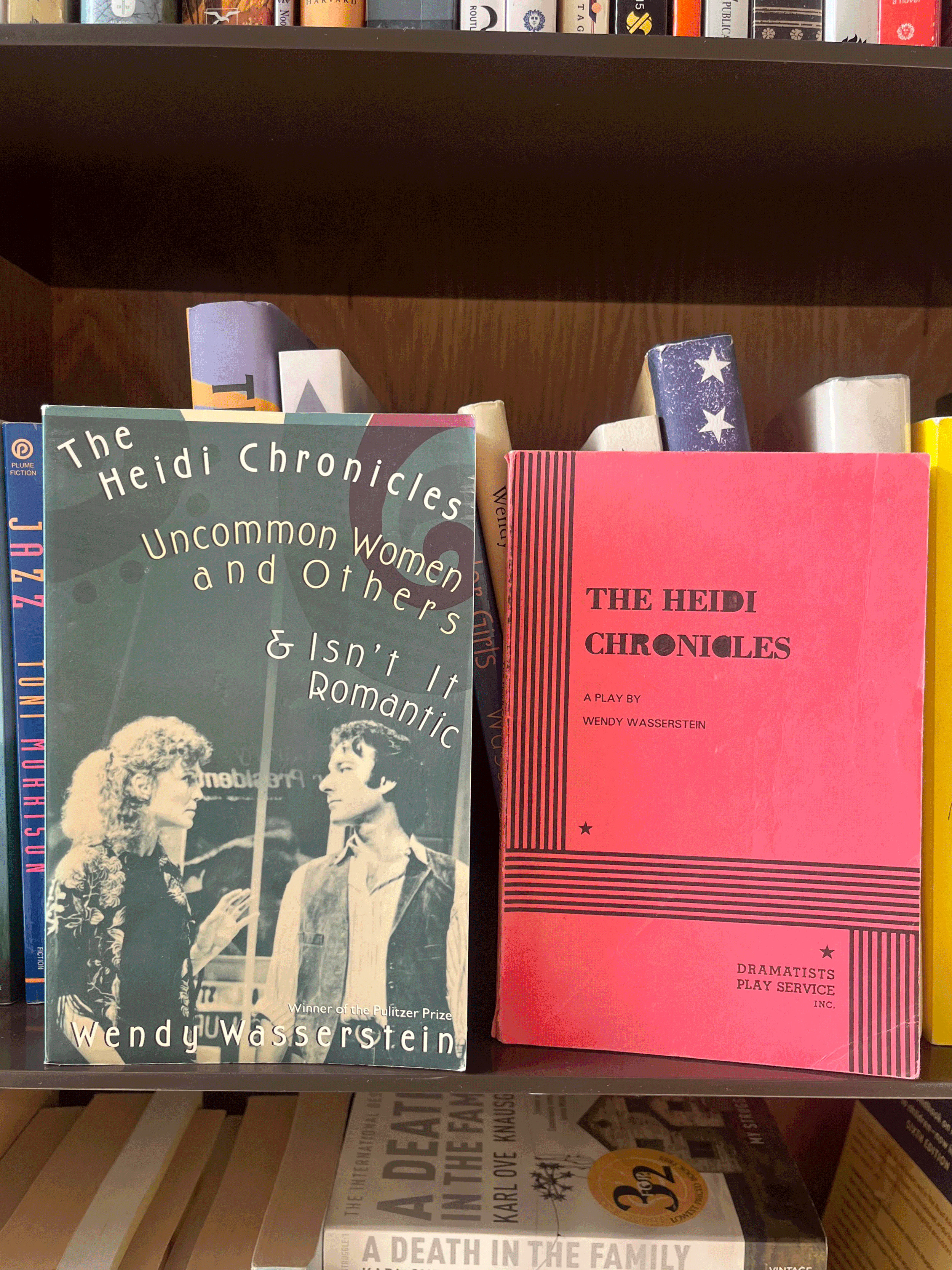
Birthday Book Recs 30/50 : The Heidi Chronicles by Wendy Wasserstein
Birthday Book Recs: 30/50
The Heidi Chronicles by Wendy Wasserstein
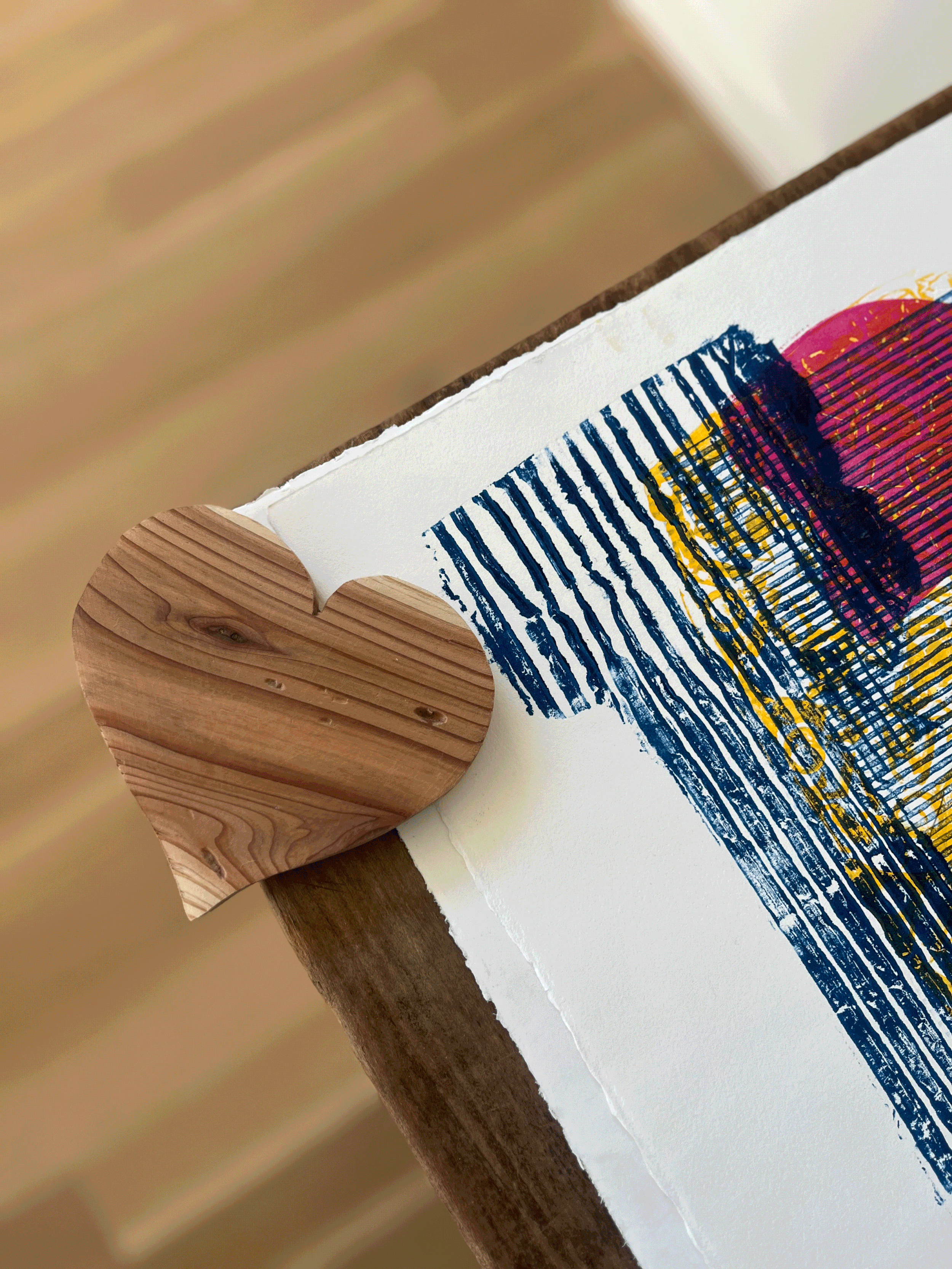
ee cummings + visual poetry
E.E Cummings (or e e cummings if you wish) + his visual poetry, the formatting of which Instagram can *almost* handle:
[i carry your heart with me(i carry it in]
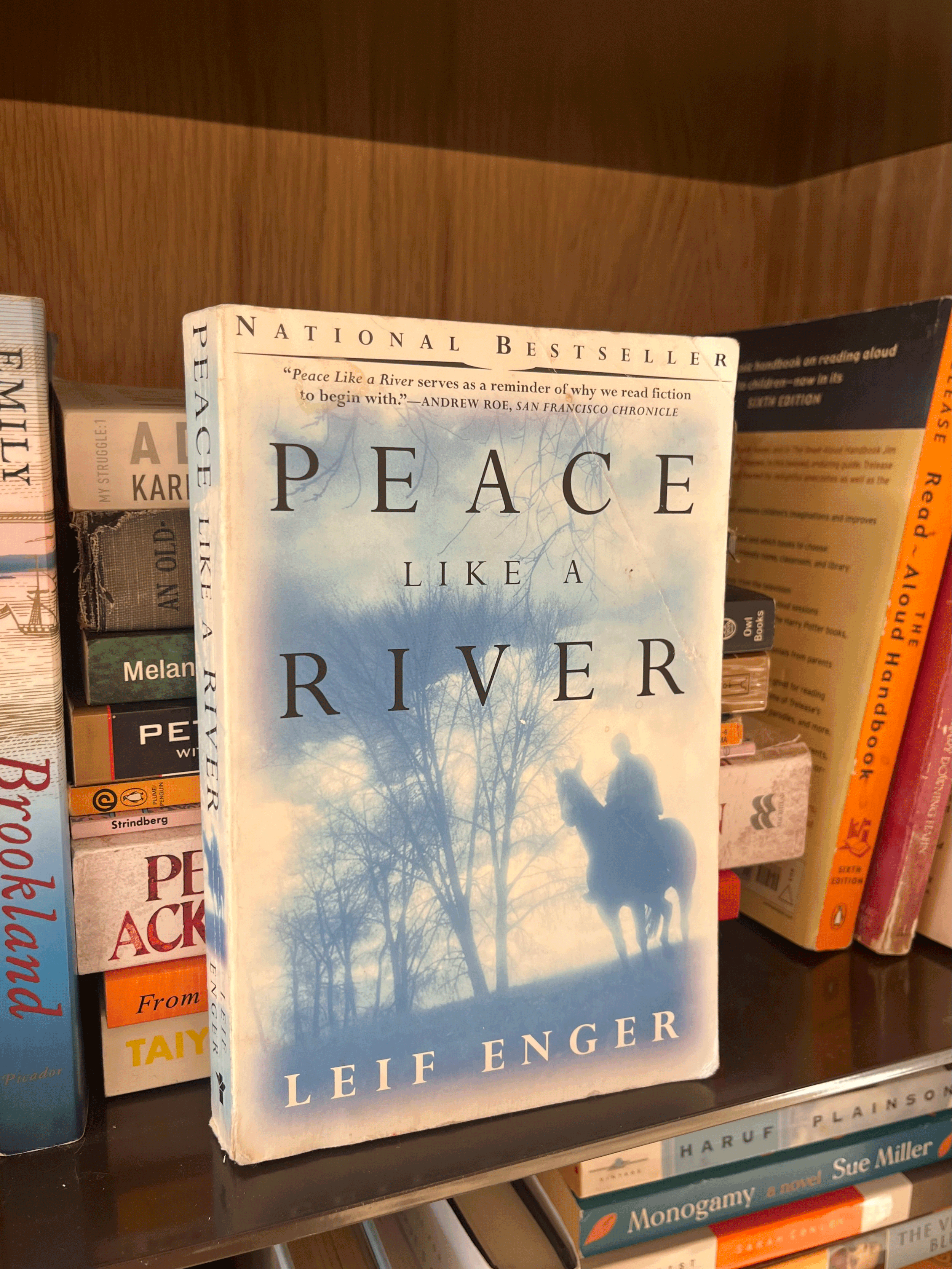
Birthday Book Recs 29/50 : Peace Like a River by Leif Enger
Birthday Book Recs: 29/50
Peace Like a River by Leif Enger
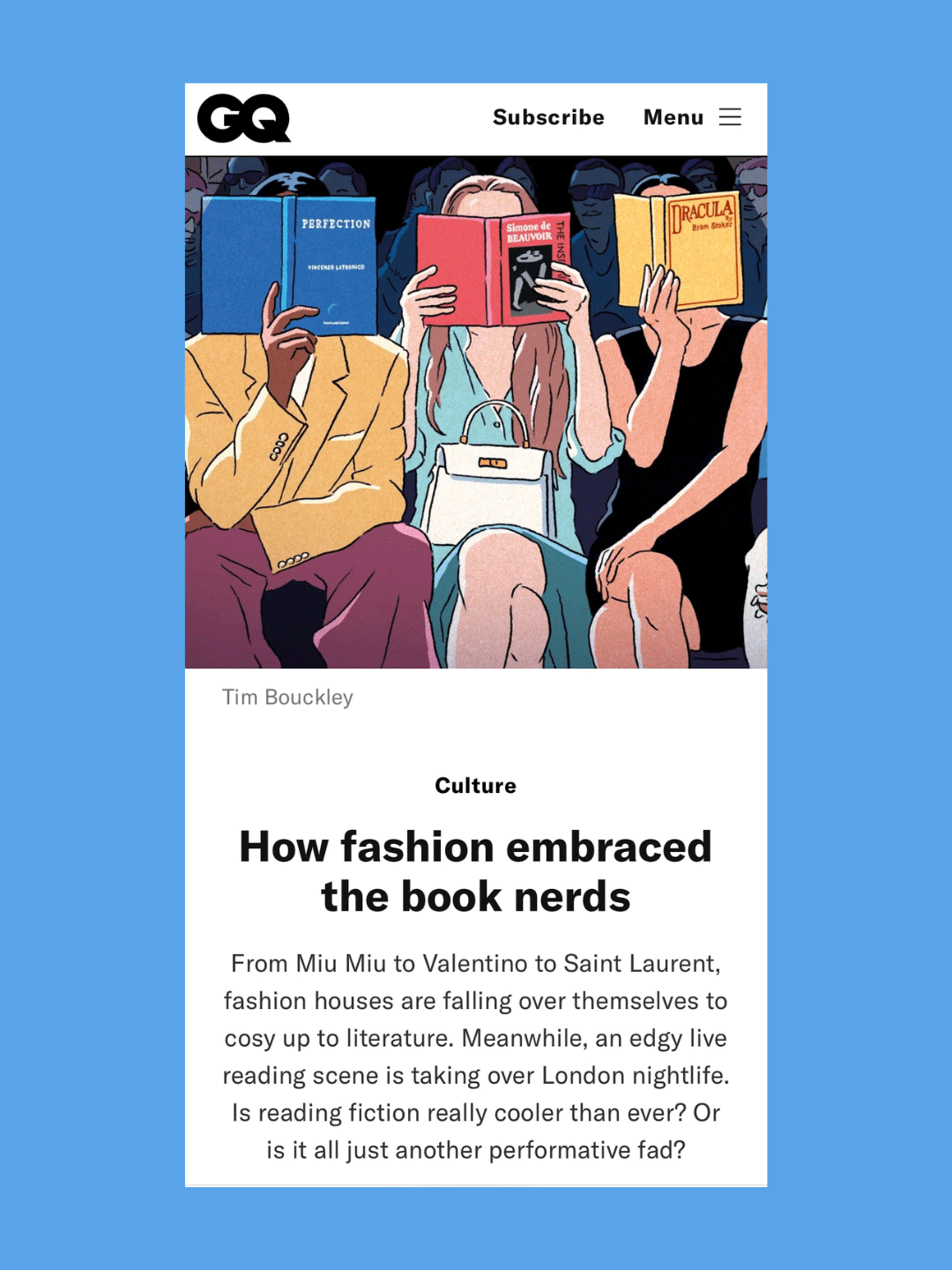
How Fashion Embraced the Book Nerds (and why?)
Reading is cool. The fashion world can’t get enough. This is what GQ says, and the rag would like to know why. I admit I wanted to hate this article that was fed to me by way of Algorithm (this would be a good name for a print pub, btw), but it turned out to be pretty good! (It’s free to read here.) Sorry to come in so preemptively annoyed and jaded, but a lot of discourse around books is as trite as those “reading socks” that B&N sells. (I do have a pair. But I just call them…slippers.)
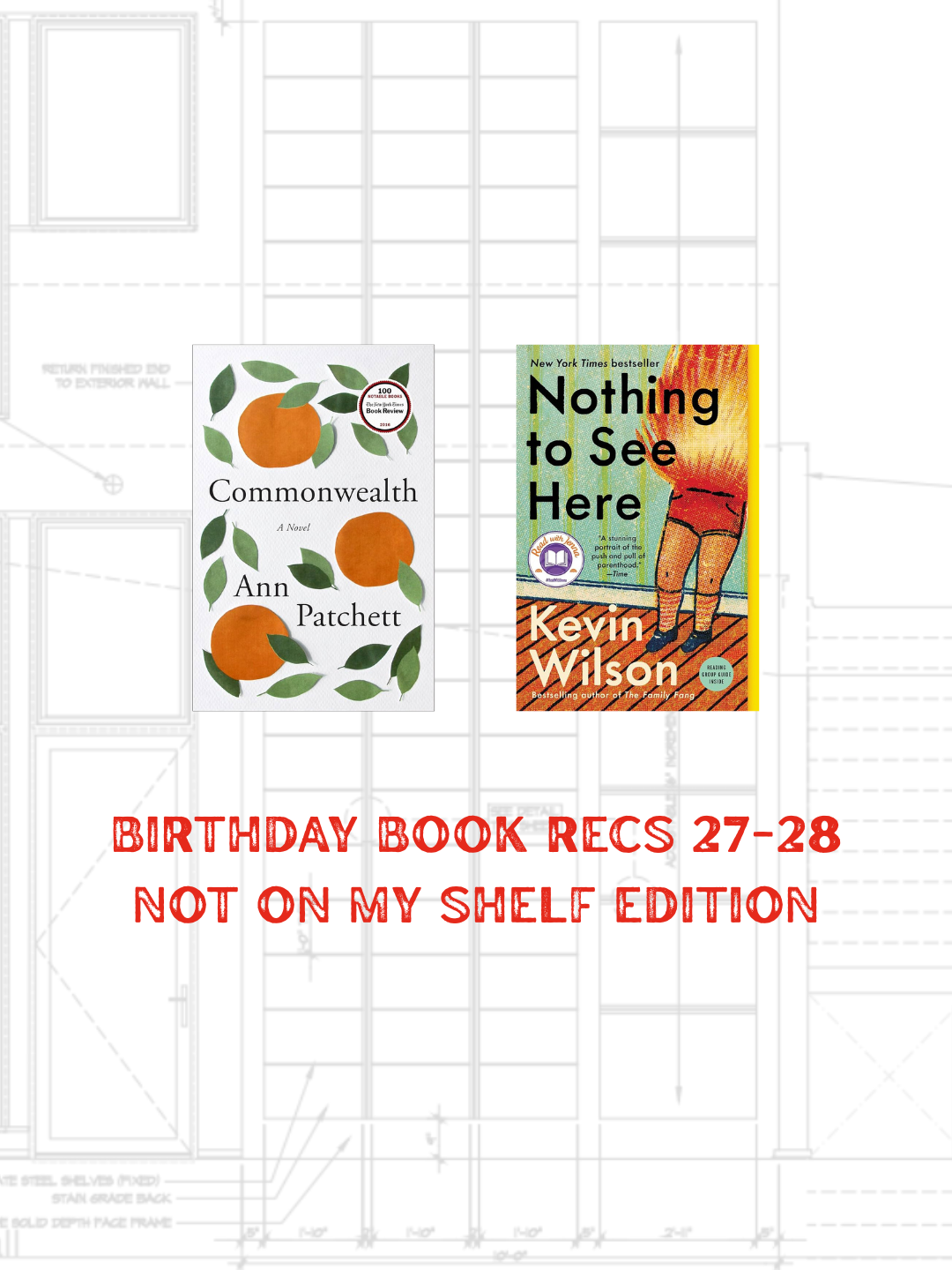
Birthday Book Recs 27-28/50 : Commonwealth by Ann Patchett and Nothing to See Here by Kevin Wilson
Birthday Book Recs: 27-28/50
Commonwealth by Ann Patchett
Nothing to See Here by Kevin Wilson
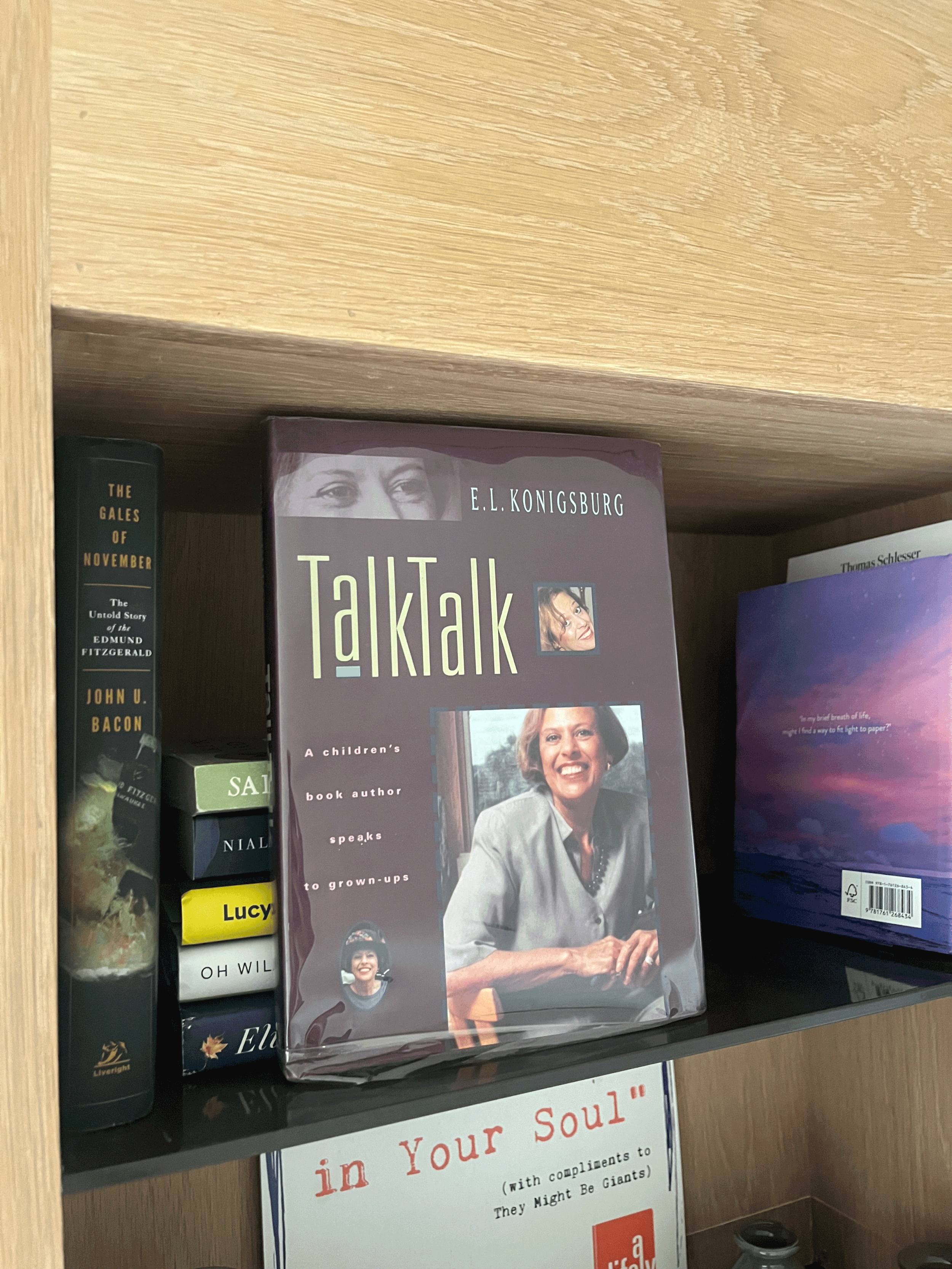
Birthday Book Recs 26/50 : TalkTalk: A Children’s Book Author Speaks to Grown-Ups by E.L. Konigsburg
Birthday Book Recs: 26/50
TalkTalk: A Children’s Book Author Speaks to Grown-Ups by E.L. Konigsburg
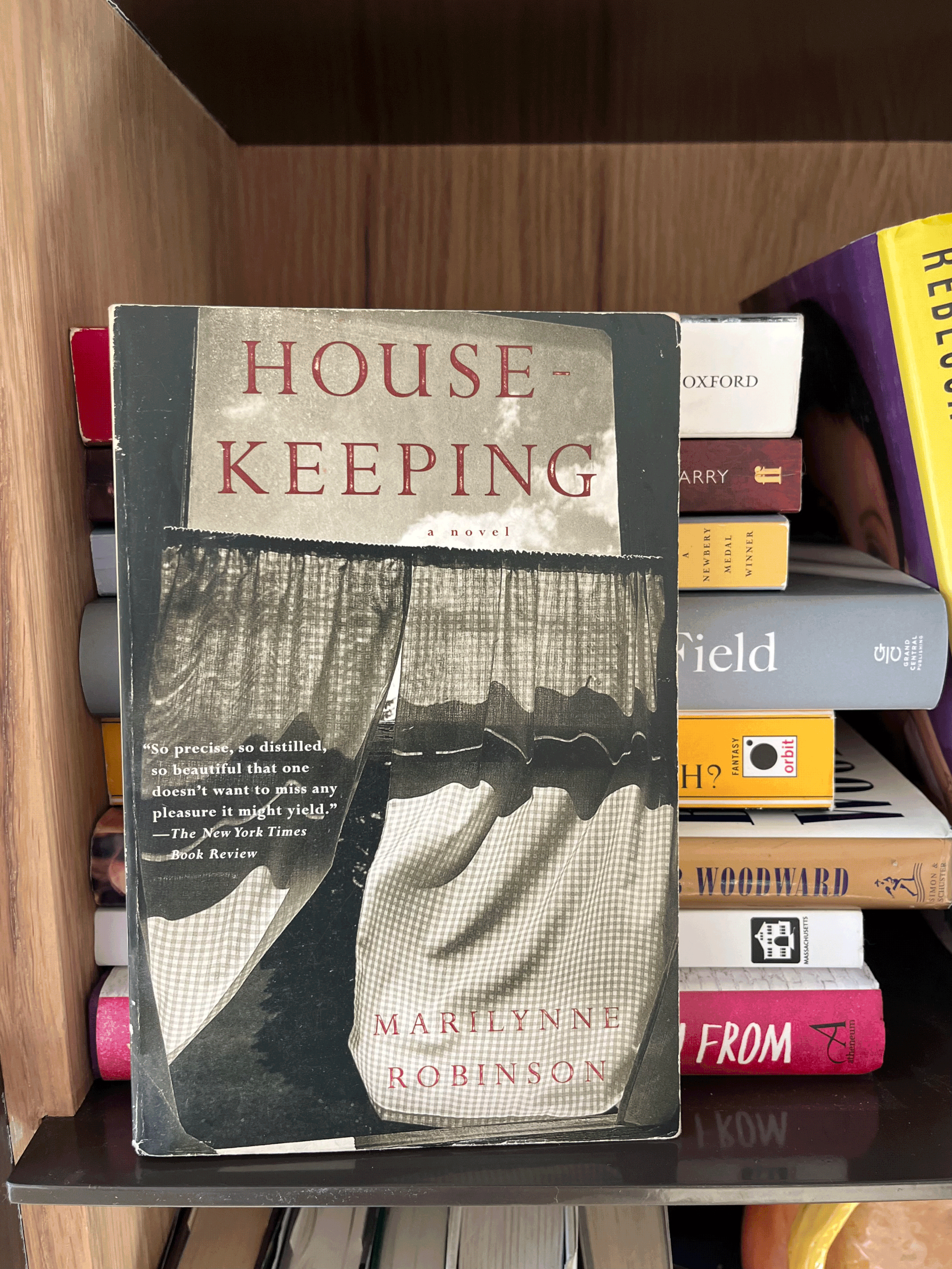
Birthday Book Recs 25/50 : Housekeeping by Marilynne Robinson
Birthday Book Recs: 25/50
Housekeeping by Marilynne Robinson
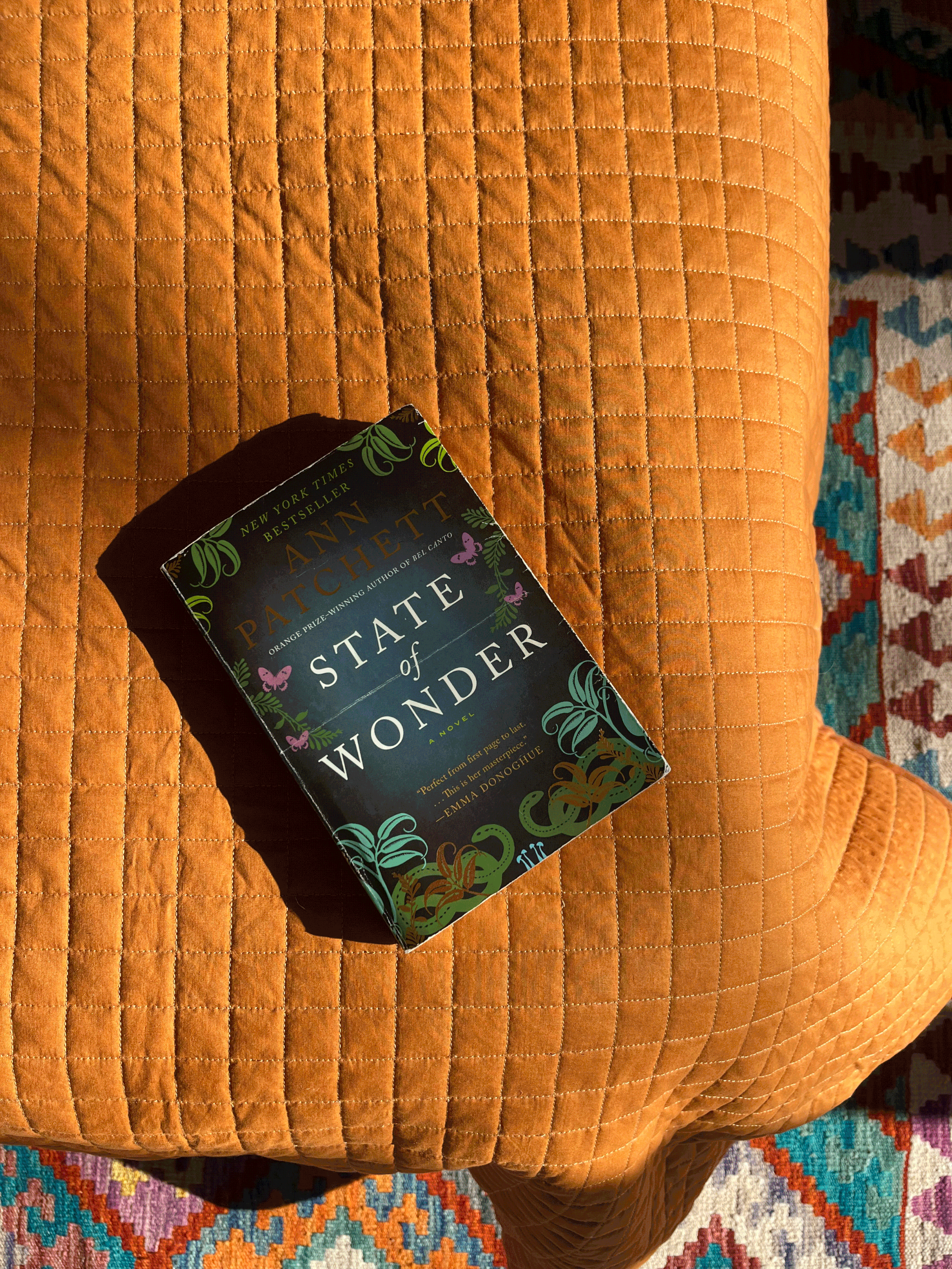
State of Wonder: A Posture for a New Year
When you scan the books scattered among the shelves for something
— you haven’t yet read
— isn’t anything like this collection of autofiction* that all at once became ready to pick up at the library and is now accumulating on your side of the bed
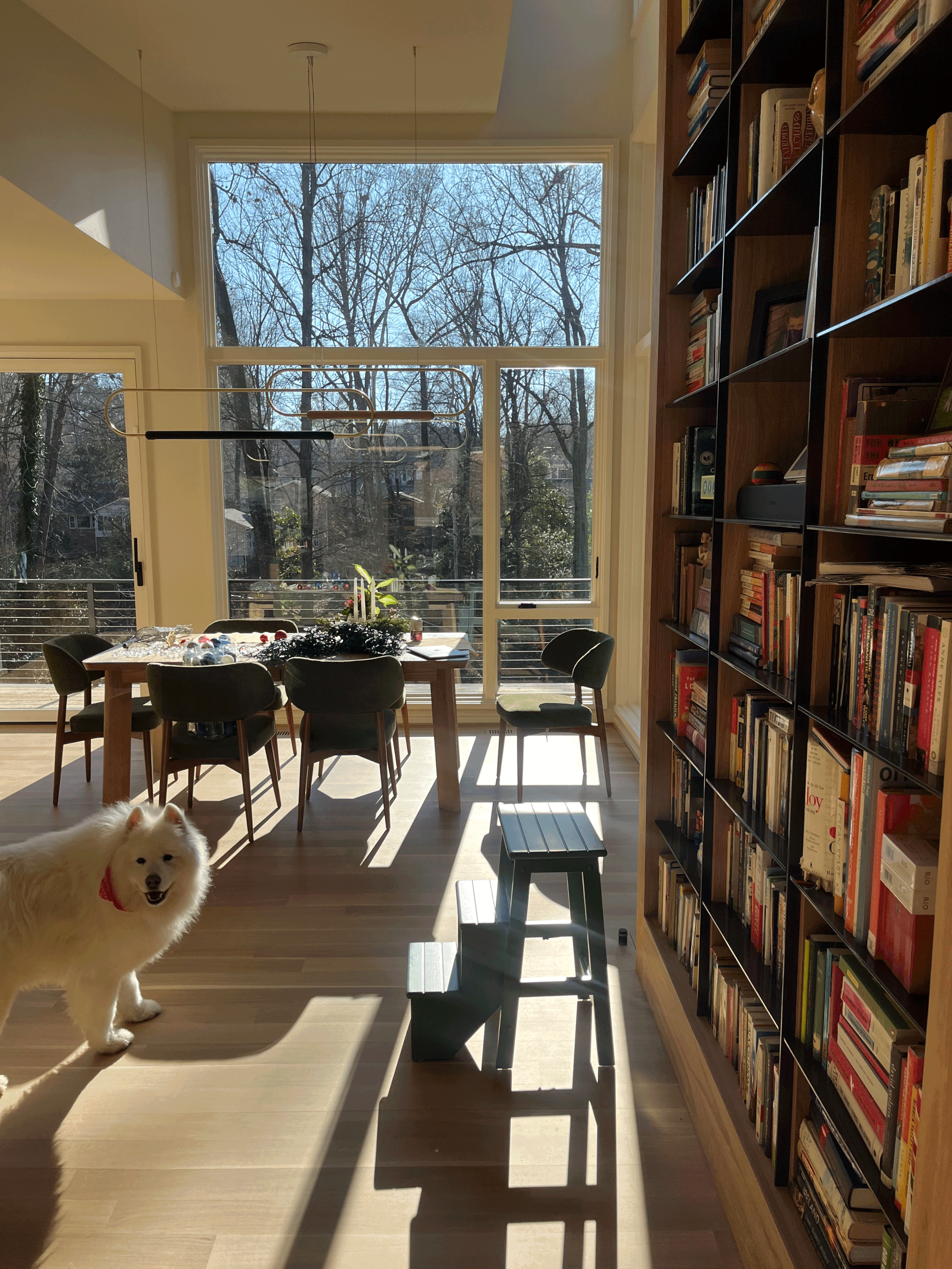
January Justification
“January needed some justification for its existence, didn’t it?”
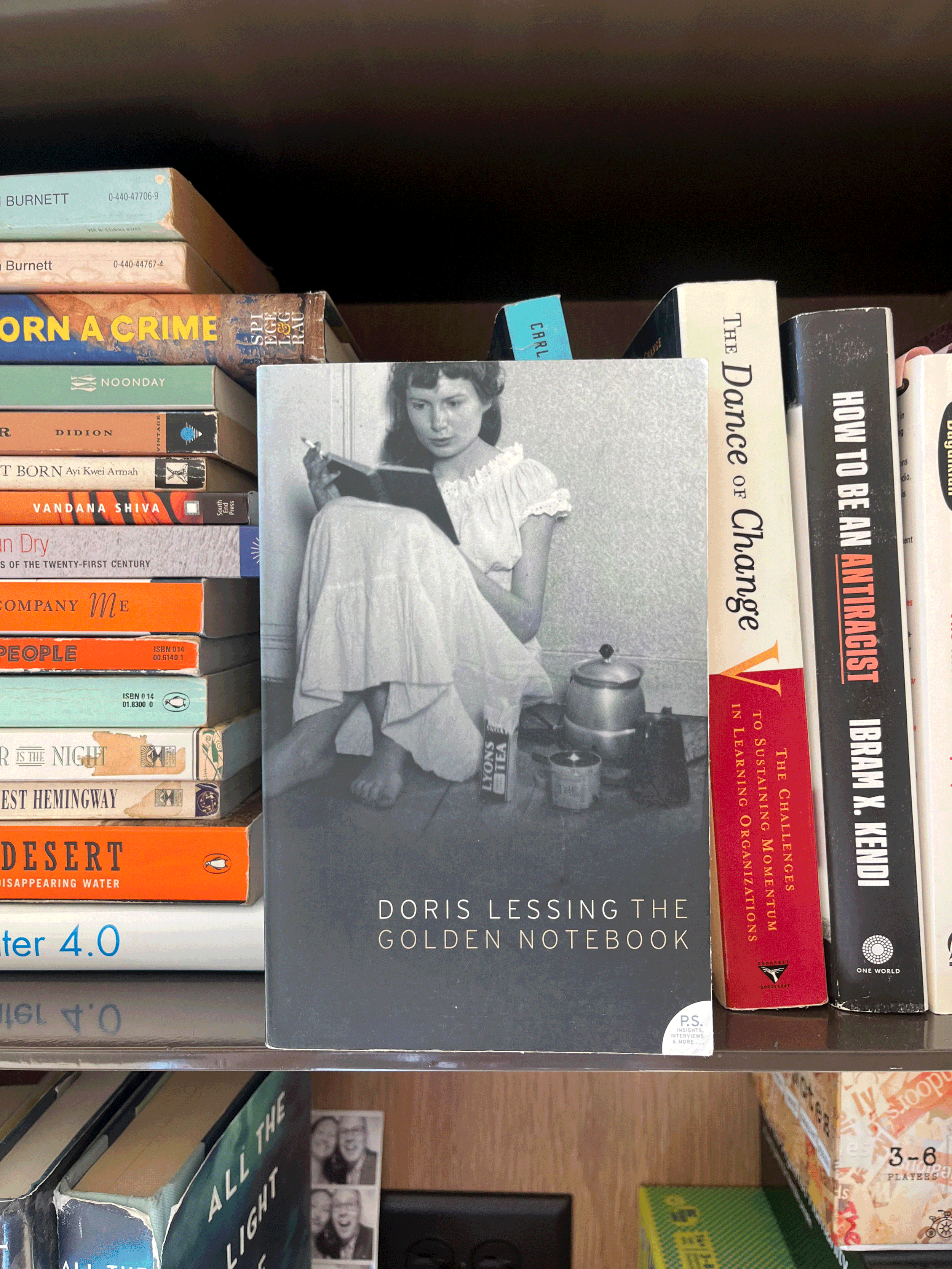
Birthday Book Recs 24/50 : The Golden Notebook by Doris Lessing
Birthday Book Recs: 24/50
The Golden Notebook by Doris Lessing
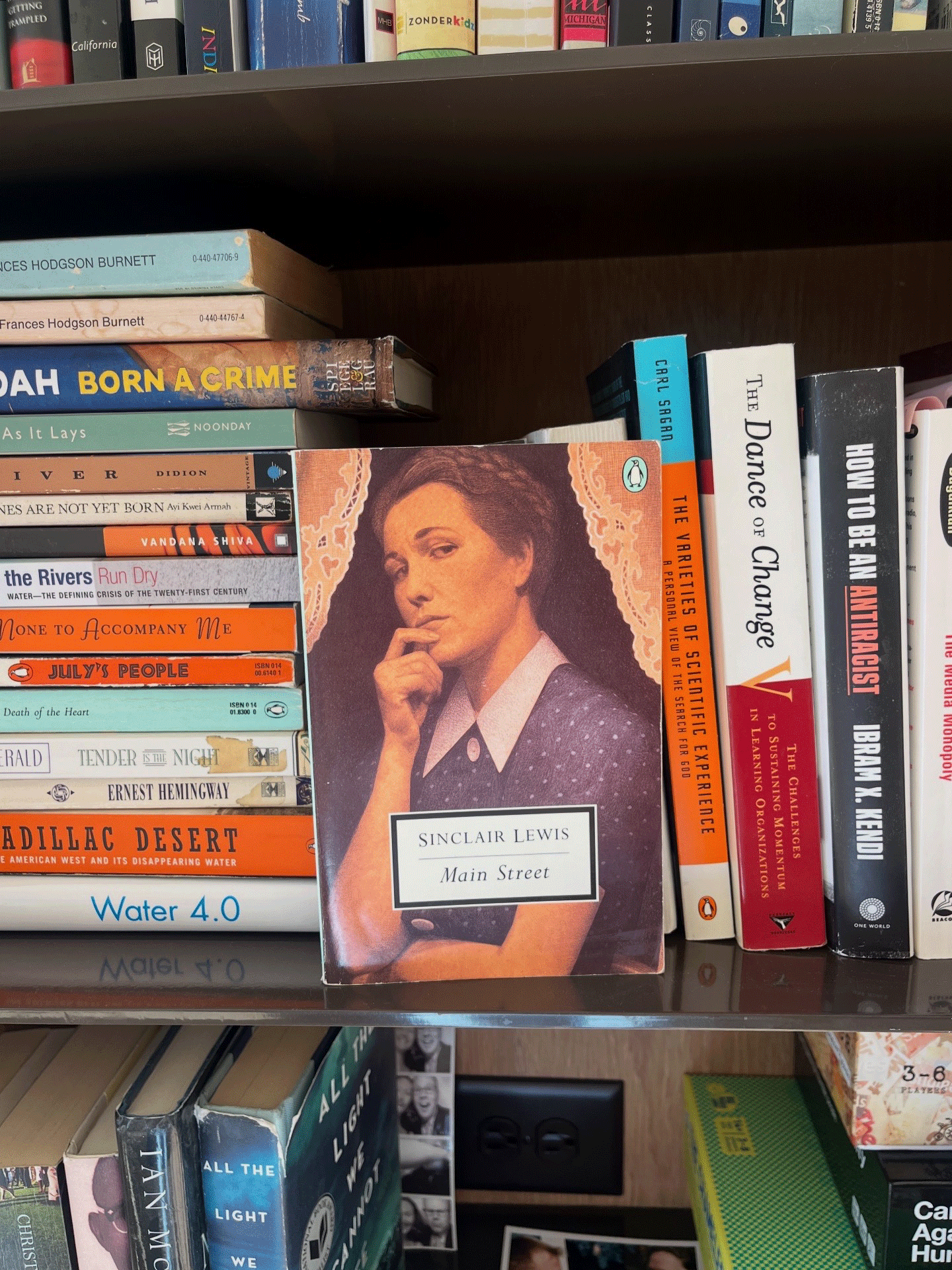
Birthday Book Recs 23/50 : Main Street by Sinclair Lewis
Birthday Book Recs: 23/50
Main Street by Sinclair Lewis
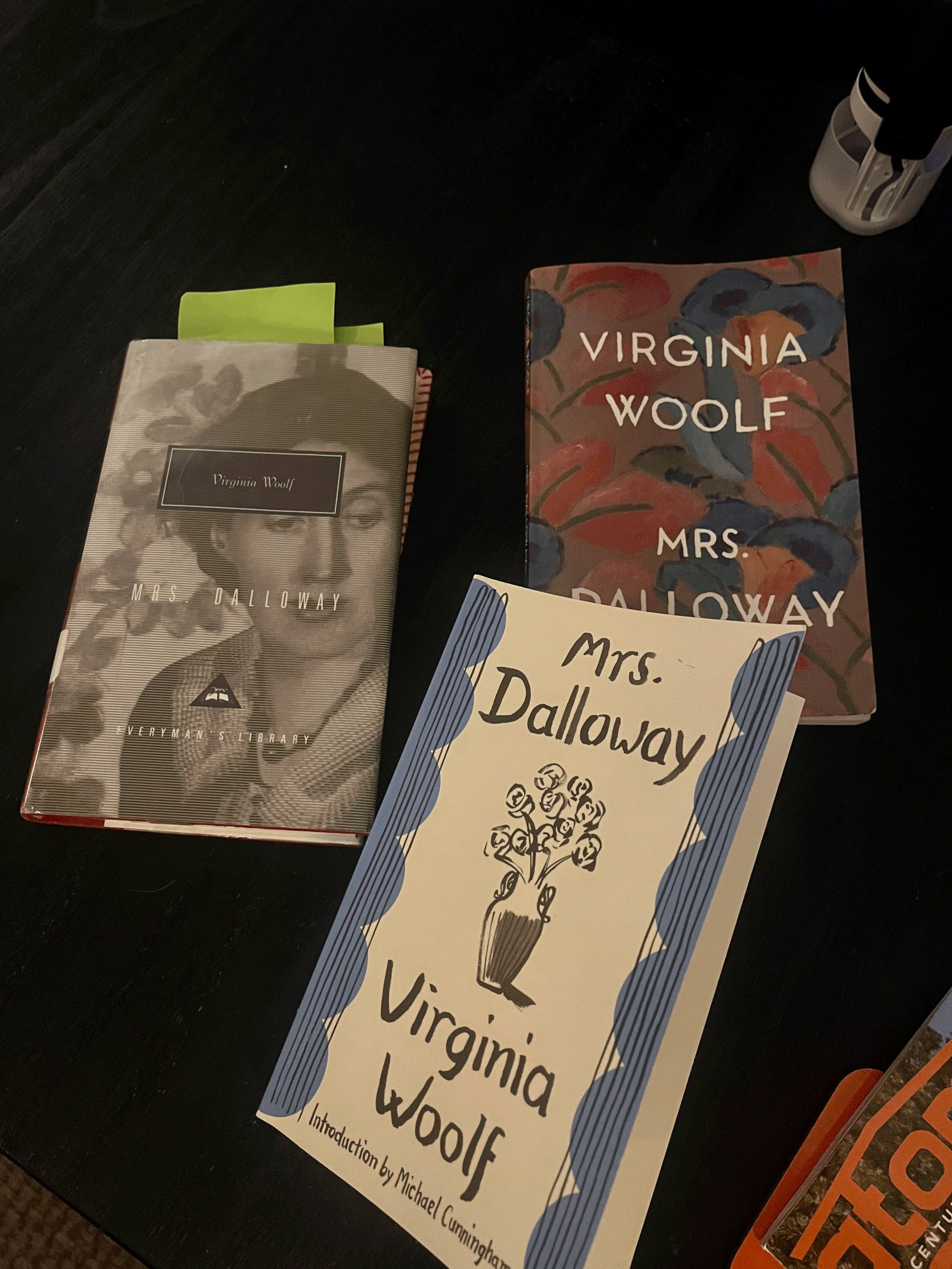
Mrs. Dalloway
The 2020s are so weird and there is absolutely no denying that. But when Matt and I watched Ken Burns’ documentary on prohibition a few years ago, all I kept thinking was that the 1920s seemed pretty weird too.
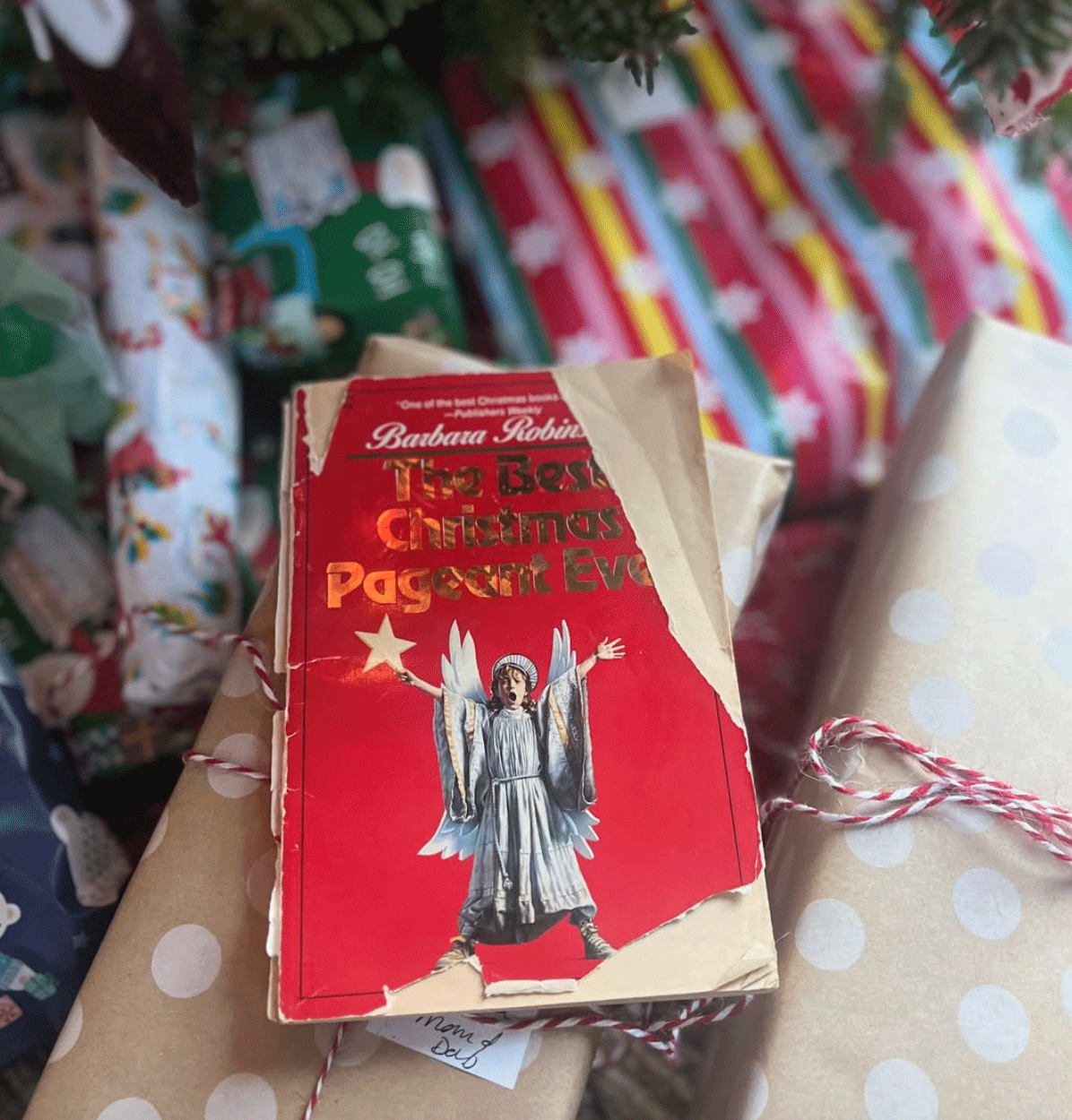
Birthday Book Recs 22/50 : The Best Christmas Pageant Ever by Barbara Robinson
Birthday Book Recs: 22/50
The Best Christmas Pageant Ever by Barbara Robinson
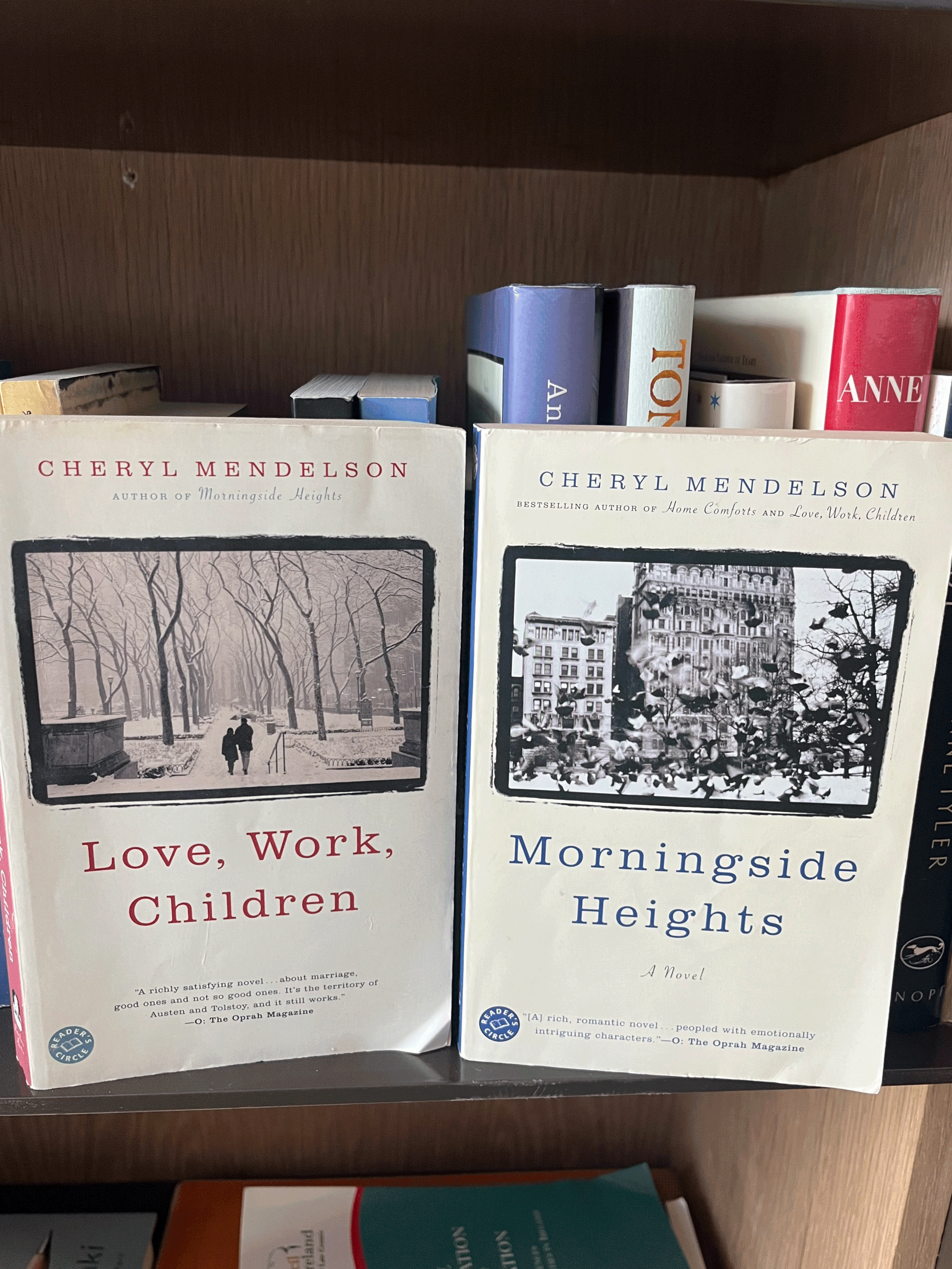
Birthday Book Recs 20-21/50 : Love, Work, Children and Morningside Heights by Cheryl Mendelson
Birthday Book Recs: 20-21/50
Work, Life, Children and Morningside Heights by Cheryl Mendelson
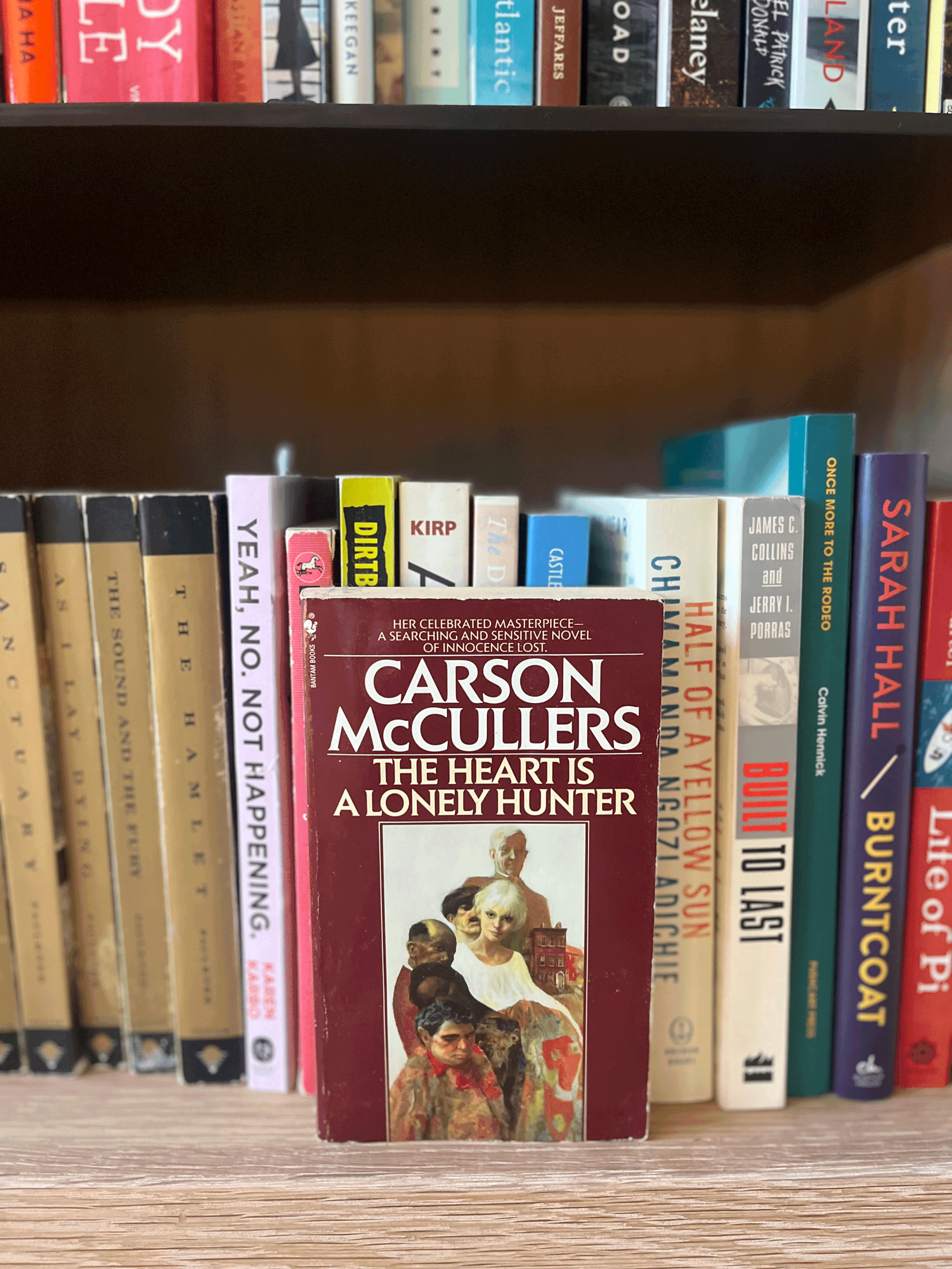
Birthday Book Recs 18/50 : The Heart is a Lonely Hunter by Carson McCullers
Birthday Book Recs: 18/50
The Heart is a Lonely Hunter by Carson McCullers
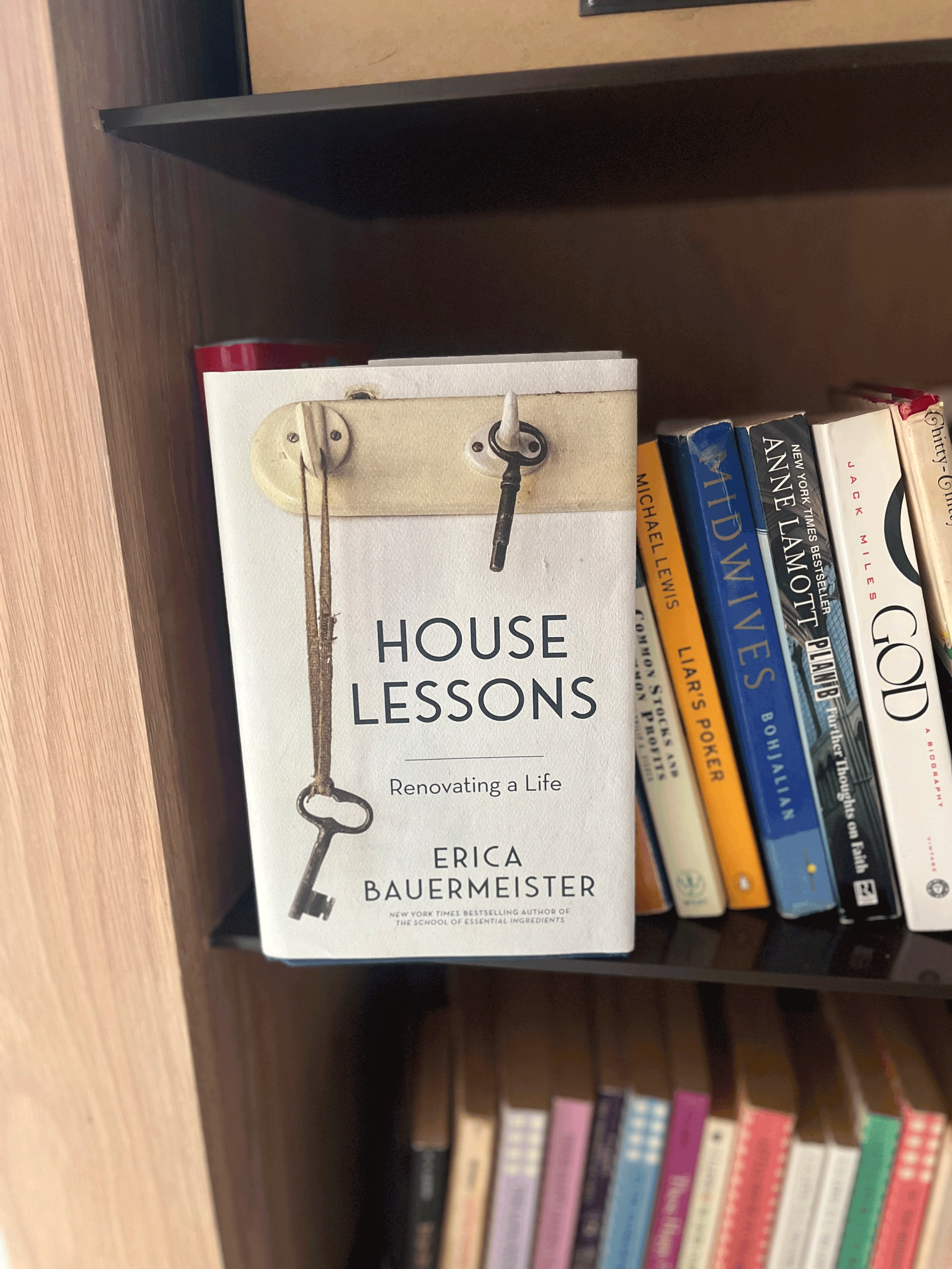
Birthday Book Recs 19/50 : House Lessons: Renovating a Life by Erica Bauermeister
Birthday Book Recs: 19/50
House Lessons: Renovating a Life by Erica Bauermeister
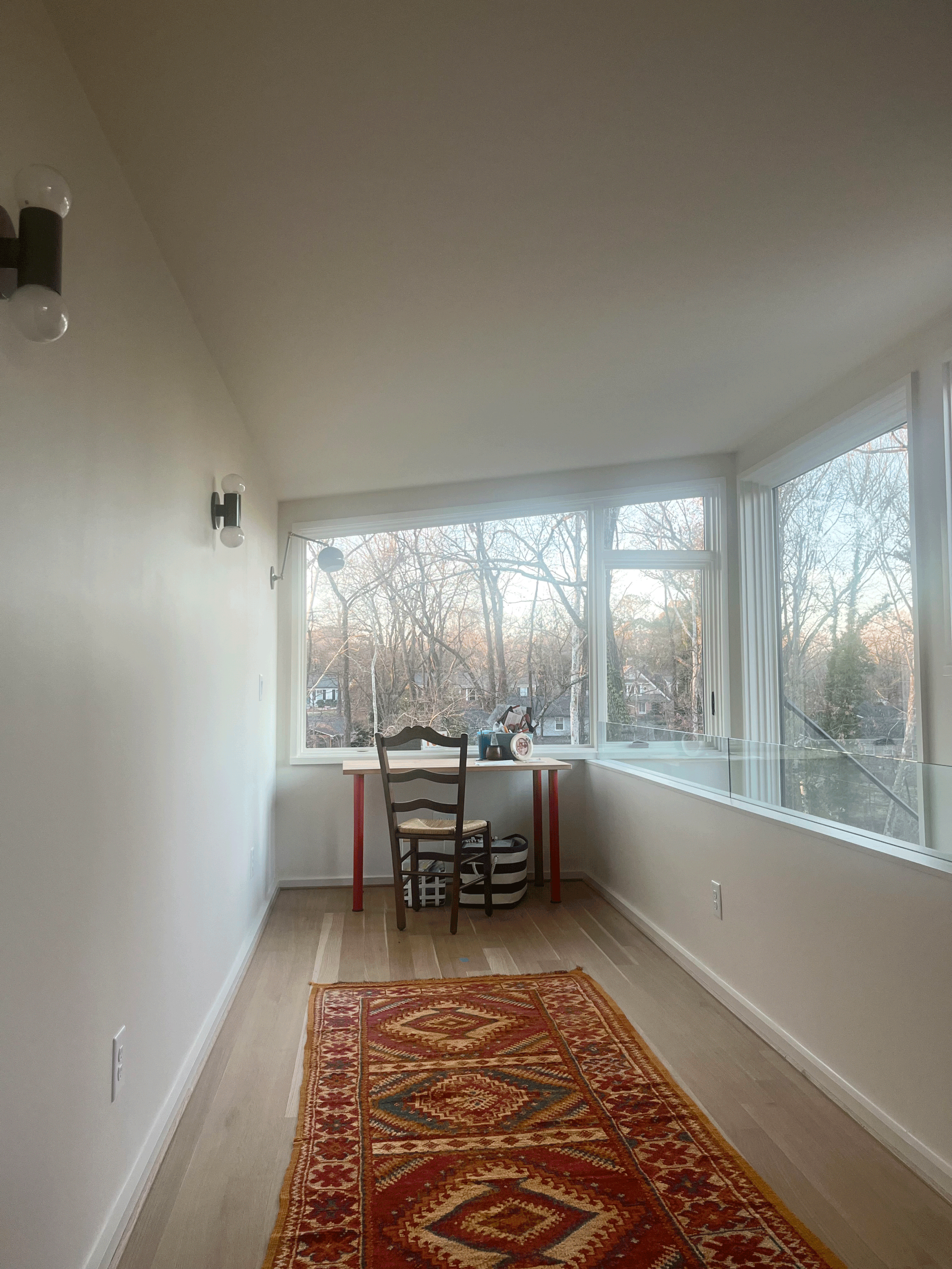
A New Office
December 22 seems like a terrible, set-yourself-up-for-disappointment kind of day to try to pound out something worthwhile, but cheers to a space that is truly m*i*n*e* (and finally somewhat organized).
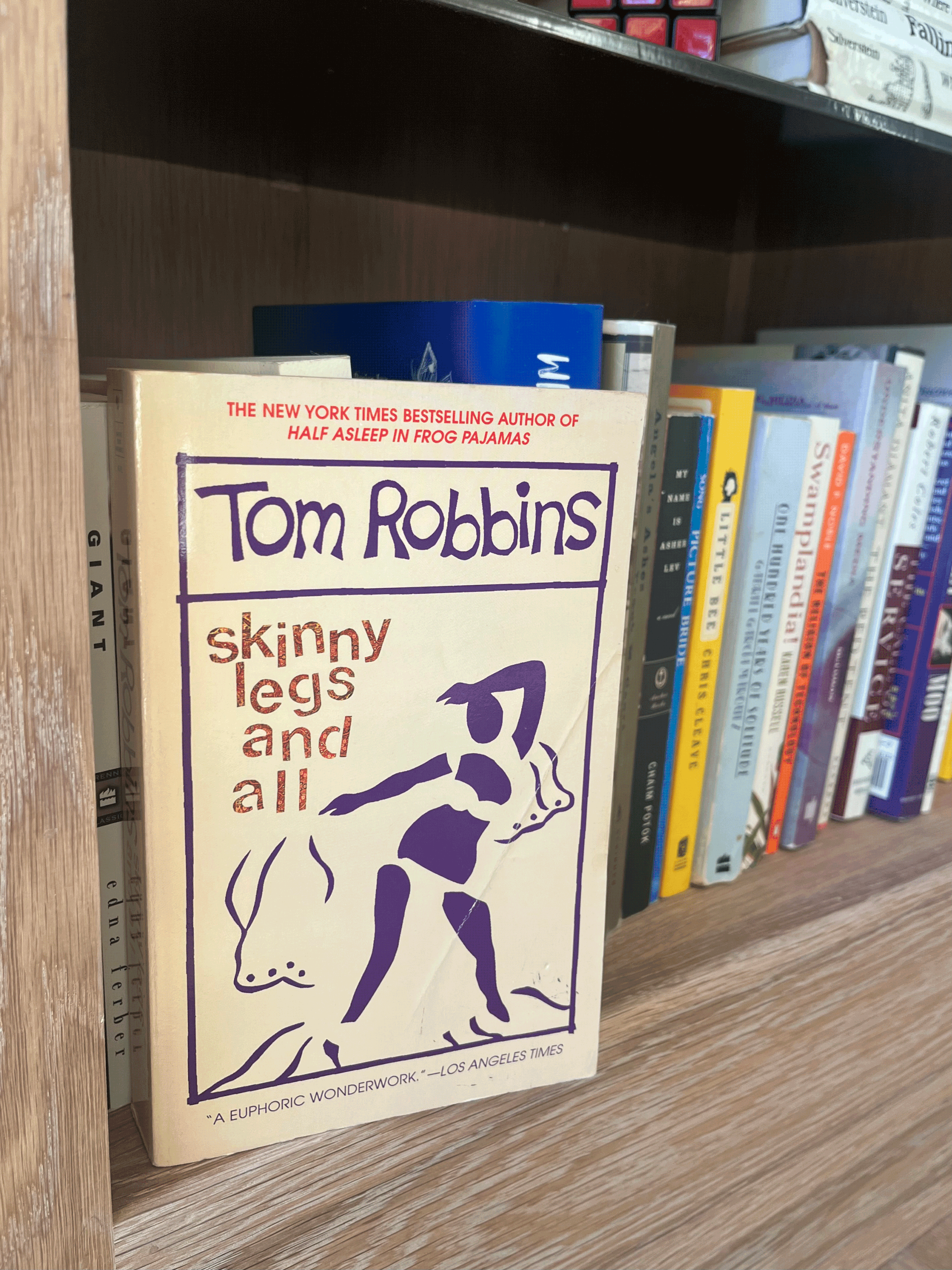
Birthday Book Recs 17/50 : Skinny Legs and All by Tom Robbins
Birthday Book Recs: 17/50
Skinny Legs and All by Tom Robbins
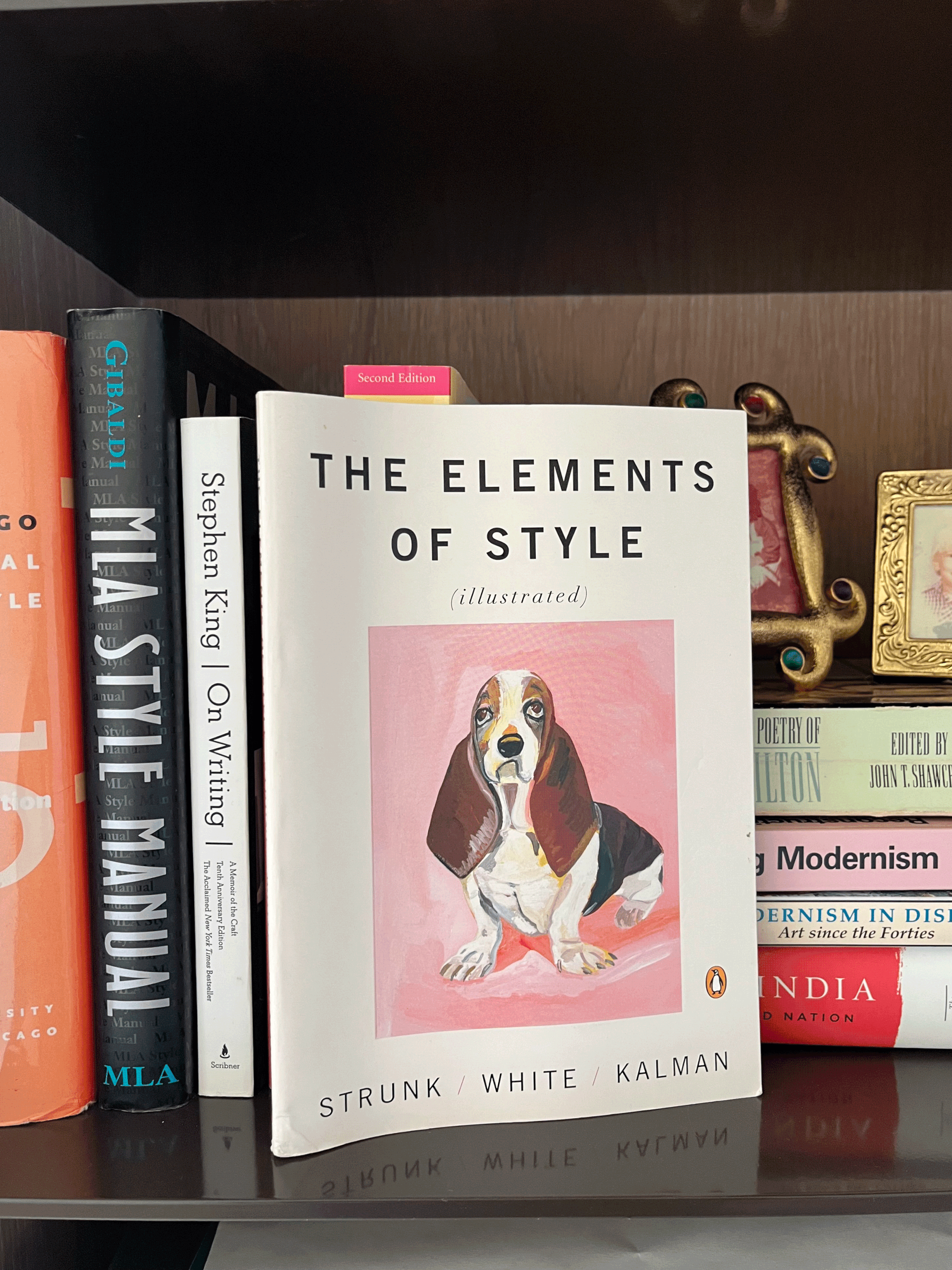
Birthday Book Recs 16/50 : The Elements of Style by William Strunk Jr. and E.B. White (aka “Strunk and White’s Elements of Style”) {this edition illustrated by the fabulous Maira Kalman}
Birthday Book Recs: 16/50
The Elements of Style by William Strunk Jr. and E.B. White (aka “Strunk and White’s Elements of Style”) {this edition illustrated by the fabulous Maira Kalman}

